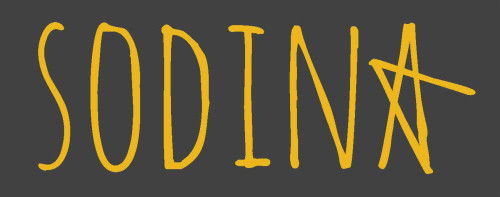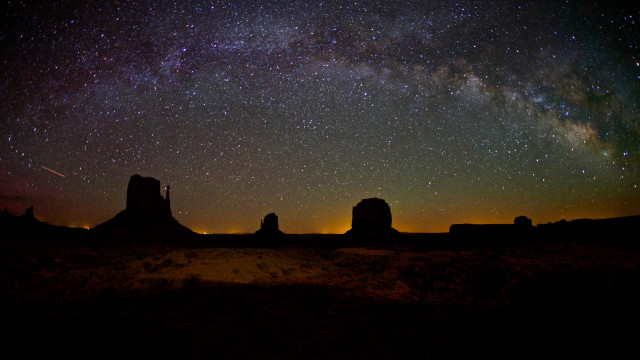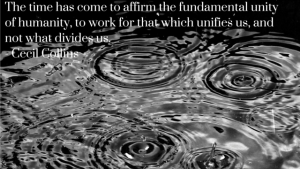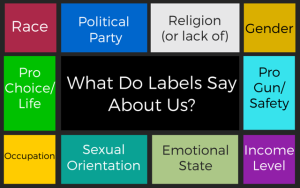The Sodina project is a movement to increase empathy and compassion, we share stories to foster connection and save lives.
The Sodina Name and Logo
The origin of the Sodina name: The word for constellation in Navajo is: “So’ Dine’é.” It means “Star People.”
We are all connected. We share 99.9% of our DNA which makes us remarkably similar, virtually alike, except for relatively minor differences. The .1% that makes us unique in terms of looks and personality is what is most obvious to us, but we are not so different. We want the same things, to be safe, to be happy, to feel worth, to be loved, regardless of the zip code we were born in when we entered this world through.
While each of us might represent a star in the sky, projecting light to those open to noticing it, through our connections, we form constellations and are part of something larger. We form constellations by our connections to each other, family, friends, and social networks. These connections shift and grow as we meet new people and form new or strengthen relationships. The need to feel connected has never seemed more important. The unfinished star as the “A” in Sodina represents our connections, our personal constellations and our yearning to connect with others.
This theme touches on the socio ecological impact Sodina aims for, moving from a “me” to “we” mentality. Aspiring to see each other as we are, without judgement, understanding we all have stories that define who we are, beginning with where we were born and to whom. By promoting empathy and compassion for ourselves, then outward to our families, friends and community, we foster connection and larger constellations around us.
Stories
Sodina is a movement to increase empathy and compassion. We accomplish this through the sharing of stories by survivors who have lost a loved one to a violent death, whether it was homicide or suicide. By listening to people’s stories and telling our own: we’re in a better position to understand and connect with each other as human beings, we can imagine walking in another’s shoes, we learn how the death of a loved one affects many people, deeply and permanently. By listening to people’s stories, we have an opportunity to build more empathy, compassion and connectedness; which has the potential to save lives.
Once we have enough stories, we have a unique and powerful way of sharing these with the public that will show the scope, scale and proximity of violence in a way that statistics alone cannot. We hope these stories will connect with people, to realize we are not so different and compel them to take action to reduce violent deaths.
This grass-roots movement needs your help in connecting with others. Please read and share the stories and blog posts with your friends and social networks if they have moved you or made you reflect on your life and those around you. You will find sharing options at the end of each post.
If you have a story to share about the death of a loved one as a result of violence or suicide, please submit your story here.
Sodina | Voices to Stop Violence
#Sodina | #Voicestostopviolence
Sodina
We are all human.
We are all here for a very short time in relation to the universe and thus rather insignificant in the grand scheme of things. But although we may look at our existence as insignificant at times, we hold enormous power over how we lead our lives and our potential for doing both good and bad.
We are all on the same journey, trying to make sense of our world, our place in it, to find meaning in our lives, trying to find happiness.
We are limited only by what we believe are our limitations. While we may have limited power and influence as individuals, if we cooperate and collaborate with like-minded people, we can accomplish much more than we may imagine.
We should ask ourselves why are things the way they are?
Why can’t things be changed?
There’s great probability that others feel as we do and we simply need to find each other, listen to each other and collaborate toward a common goal.
Sodina.org is about finding each other, sharing our personal stories, and giving them a place to shine for all to see.










Recent Comments